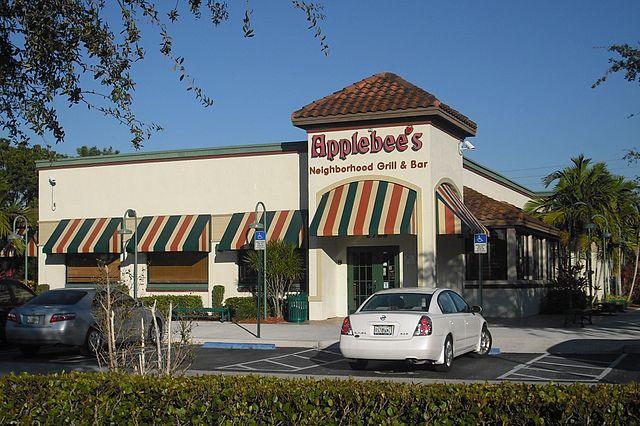
More fast food company employees, along with workers at big box retailers such as Walmart, have scored wage increases in recent years. Plenty of improvement can be made on how workers in the service industries are treated, especially when it comes to wage fraud, but more companies are understanding that decent wages for employees can improve their overall reputation and strengthen local economies. Speaking of wage fraud, the company that manages franchises for two of America’s most popular chain restaurants has yet again become embroiled in litigation over wage disputes and accusations of racial discrimination.
On Feb. 18, a proposed class action lawsuit was filed against DineEquity, the parent company behind Applebee's and IHOP. The plaintiff, Jewel Gardner, has accused DineEquity of misclassifying her employment status in order to avoid paying overtime wages. Gardner, who worked for DineEquity for 22 years, has alleged that despite her job title as a manager, she had no authority to hire or terminate employees and that job title was only given in order to avoid paying her when she worked more than 40 hours a week. Gardner has also accused DineEquity’s management of pitting African American employees against each other, which resulted in what Gardner called a racially charged work environment. According to documents submitted for the complaint Jewel Gardner vs DineEquity, Inc., other alleged violations outlined include the failure to pay wages within a required time frame, the failure to pay wages at all, the lack of rest periods as required by California labor law, and missing payroll records.
Gardner was fired in February 2015 after she complained about an incident in which she claims she was harassed by a colleague. The company has responded that she was terminated after she withheld important information about a franchise deal. Gardner claims that she was reprimanded in front of other employees at a company meeting, and after she took issue about how she was treated, she was put on leave and then fired.
DineEquity has been hit with legal action before over alleged labor code violations. In 2012, waiters and bartenders at Applebee’s restaurants in Illinois sued to be compensated for work for which they could not receive gratuities, such as cleaning bathrooms and washing dishes — while being paid the lower federal minimum wage for tip-earning employees. A lawsuit filed in Los Angeles last year accused a large Applebee’s franchisee of constantly requiring off-the-clock work and forcing employees to work through lunch breaks without compensation or allowing them to leave the restaurants. IHOP has also not been immune to lawsuits, including cases over unfair compensation practices in Massachusetts and Missouri.
DineEquity has also been pilloried as an example of how companies can take advantage of disabled workers because of the rates even lower than minimum wage at which they can be paid — and, in the Rhode Island Applebee’s case, an employee with autism was not paid for over a year.
DineEquity has not commented publicly on the case or any other litigation, but on its corporate responsibility site, the company says it is “proud” of how it treats its “diverse and talented” workforce.
Image credit: Wiki Commons (Alf2784)

Leon Kaye has written for 3p since 2010 and become executive editor in 2018. His previous work includes writing for the Guardian as well as other online and print publications. In addition, he's worked in sales executive roles within technology and financial research companies, as well as for a public relations firm, for which he consulted with one of the globe’s leading sustainability initiatives. Currently living in Central California, he’s traveled to 70-plus countries and has lived and worked in South Korea, the United Arab Emirates and Uruguay.
Leon’s an alum of Fresno State, the University of Maryland, Baltimore County and the University of Southern California's Marshall Business School. He enjoys traveling abroad as well as exploring California’s Central Coast and the Sierra Nevadas.














